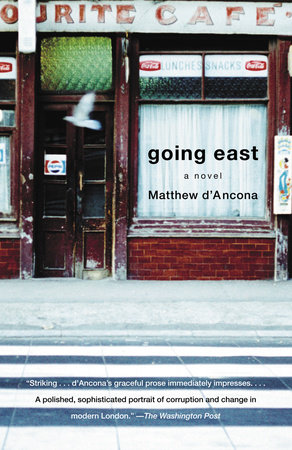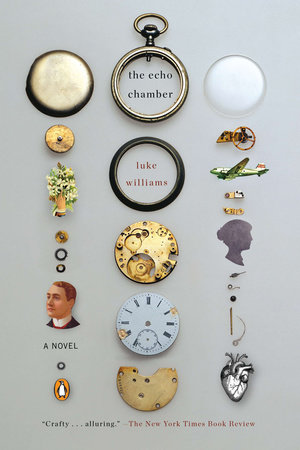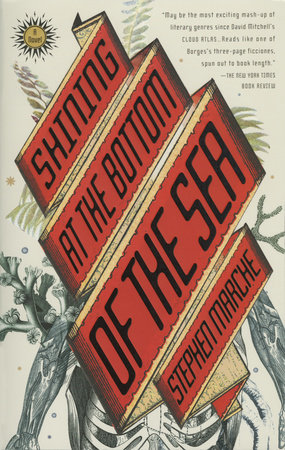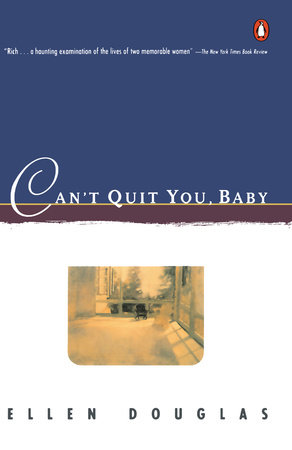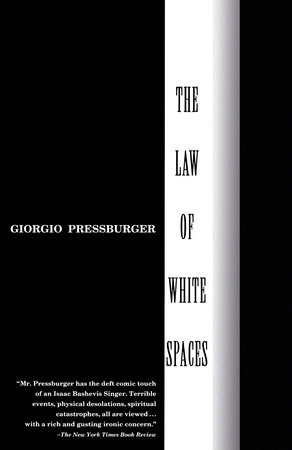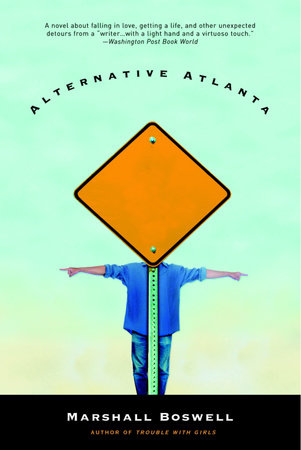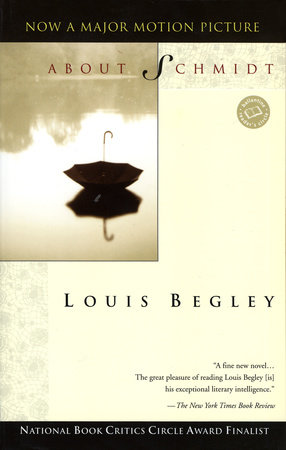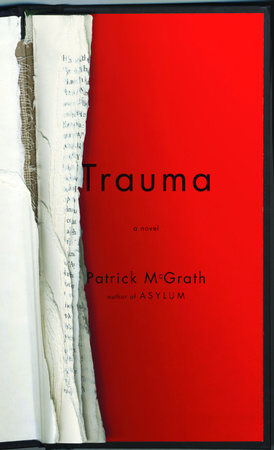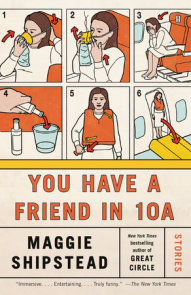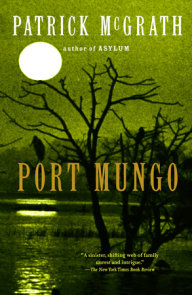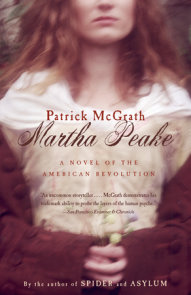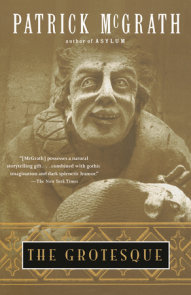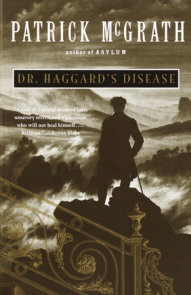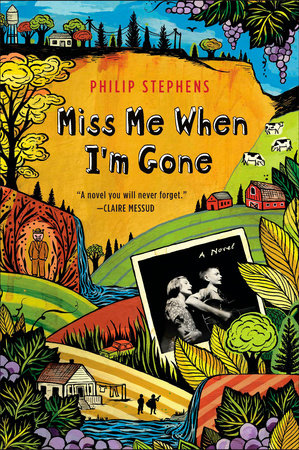Author Q&A
A conversation withPATRICK MCGRATHauthor ofTRAUMAQ: You’ve used psychiatry and psychiatric disorders to great effect in you work. Using therapy as a storytelling device to get into the drama of characters’ lives can be an intersting tool—something that the new HBO series IN TREATMENT also takes up, for example. What are your inspirations in using therapy in your fiction?A: I use psychotherapy in my fiction as a way to reveal and explore my characters’ emotional predicaments, from which stories will always emerge. There is also a story to be told about the relationship of the therapist and the client, which is rarely straightforward. So in other words this is very rich, dense, human territory for a novelist. I should also say I’m a big fan of IN TREATMENT. Gabriel Byrne in fact played the father in David Cronenberg’s film of my novel SPIDER…Q: What gave you the idea for this novel? And did it take long to write?A: Trauma took quite a time, almost 3 years, as I began it as a post 9/11 story. In this early draft, Charlie is a man in his 60s, a sad lonely figure estranged from his grown-up daughter. When she’s badly traumatized on 9/11 he’s able to help her, having spent his life as a psychiatrist treating trauma. But before I wrote all this, I wanted to describe his early days treating Vietnam vets as a young man, and that part of his story, the prelude really, became the story itself. But it took a long time to figure all this out.The family elements arose as the book developed. Key to this process was me being told by a NY shrink that most shrinks he knew were in the profession as a result of failing their mothers. That gave me a way into Charlie’s psyche, and I was able to create his family background, relationships with his parents, brother, etc. What he doesn’t know, of course, is what happened in the old Western Hotel when he was a small boy…Q: The idea of trauma therapy is especially interesting now that we’re seeing a lot of soldiers coming home from war missing limbs and suffering emotional turmoil. Did this influence your decisions about your main character’s professional discipline? Do you think therapy can truly help people with severe post-traumatic stress disorder?A: It did occur to me of course that the trauma suffered by American soldiers fighting unpopular wars overseas wouldn’t be so different whether it was Vietnam or Iraq, and in that sense I thought, or hoped, rather, that it was timely.Yes, I do think therapy can help people with severe PTSD. My research while writing the book (Robert Jay Lifton’s “Home From the War” was very helpful, as was Judith Herman’s “Trauma and Recovery”) convinced me of this. As for traumatized Iraqi vets influencing my decision to make Charlie a trauma doctor, it was rather that I wanted Charlie to be a young man recently qualified in psychiatry in the early 1970s, which then led to him working with Vietnam vets, which in turn suggested parallels with what’s happening today as another generation of young Americans comes home physically and emotionally damaged from an unnecessary and immoral war.Q: Your books often have, at heart, a fairly unreliable narrator and in this case it seems to be a psychiatrist who can’t quite see himself or his own psyche very well. Is the Unreliable Narrator something you’re fascinated by and plan ahead of time or does it just naturally evolve?A: The unreliable narrator starts to evolve the moment I ask myself, who is telling this story? One character has to be given the task of narrating the events, and almost at once I start asking, why is he or she telling the story in this manner? What is being left out, denied? What is being distorted, exaggerated, falsified? I believe we all do this, we can’t help it, we have to bring bias into the accounts we give of our experience. For me it’s the only way to tell a story properly, to see it as the expression of a flawed and unreliable human being. I’d say unreliable narration is more a philosophical principle than a narrative technique.Q: We’re used to the gothic settings and dark British mystery of your earlier work, yet this novel is set in the New York City of the ‘70s and is quite a vivid depiction of the city itself. Was that easy to write about/imagine a different city then?A: It was not hard to evoke New York in the 70s. I arrived here in 1981 and it was still a pretty dangerous, dirty, edgy, conflicted city, and exciting as a result of all that, at least to a young guy come to be a writer here. How it didn’t descend into utter chaos and anarchy seemed a daily miracle. It echoed nicely the breakdown in the mind of Charlie Weir.It was a conscious decision to move my stories to my country of adoption (some 30 years ago I got to the US–I began to write in NY), and then more specifically to set my work in New York. This was difficult, as I felt far more comfortable writing about England, despite having been away so long. But Trauma feels like a New York novel, at least to me.Q: The women in this book really stand out as both simultaneously strong and vulnerable. Is it any harder or more of a challenge for you to write a female character than a male?A: I don’t find it harder to write a woman than a man. The effort of imaginative identification with the character, which comes about slowly in the course of the writing, is no different. There’s always a moment of feeling—Aha!—now I know who this is, and from then on you’re at home with the character, and this’ll happen with men as well as women. Children are tougher.Q: You grew up literally near/around a hospital for the criminally insane in England and later worked in an asylum in Ontario, Canada. Do you think you’ve drawn much inspiration in your fiction from what you witnessed in those years? Was it at all traumatic?A: Growing up close to the mental hospital where my father worked gave me an early, very basic understanding of the problems of institutional psychiatry as experienced by my dad. I discovered to my surprise when I started writing that I wanted to tell stories about the distressed and the insane, and this must be where it came from. My childhood was not in the least traumatic. Kids of shrinks don’t get exposed to the horrors or violence of their parents’ more wildly psychotic patients.Q: This book also deals with hidden trauma that one can experience in childhood, yet push away from their memory. Do you think it’s always bound to surface later, the buried trauma of the past?A: If deeply buried trauma isn’t brought to the surface in therapy, it will continue to blight and disturb and diminish the life of the person in all sorts of ways, largely by coming to the surface in the form of disguised feelings and behaviors. These are the symptoms of trauma, and they should lead the therapist to uncover the buried trauma that causes them, and so help the person come to terms with the trauma.Q: Are you working on any new projects yet? A: I have a new novel cooking, another New York story, this one set now, in the present. I have the outiline of a story, a number of characters, not too much else.Q: You’ve been traveling a lot lately—is travel important to you?A: I would prefer never to travel. I am perfectly happy in my study writing a book and whatever hunger for new experience I may have, reading satisfies it.Q: Can you recommend some good books you’ve read recently?A: Recently I’ve read Philip Rot’s Exit Ghost, Denis Johnson’s Tree of Smoke, Anne Enrigh’s The Gathering, Peter Carey’s His Illegal Self, Patrick White’s A Fringe of Leaves and the stories of Katherine Mansfield. I recommend them all, particularly the Patrick White. He was Australia’s greatest writer, won the Nobel Prize, but many of his books are sadly out of print today.



